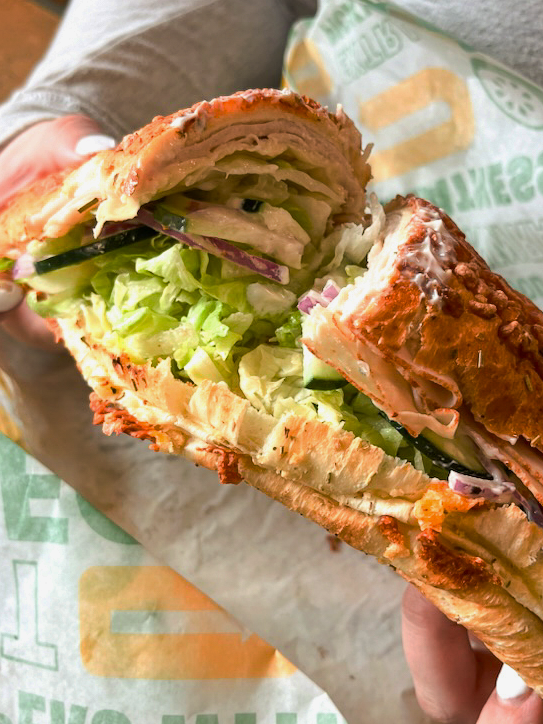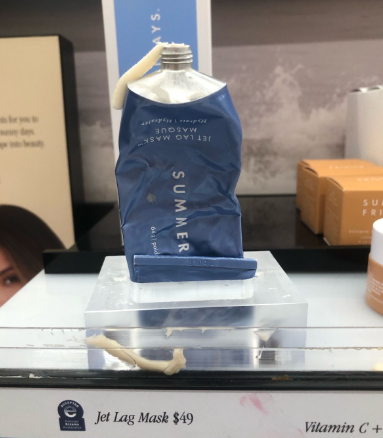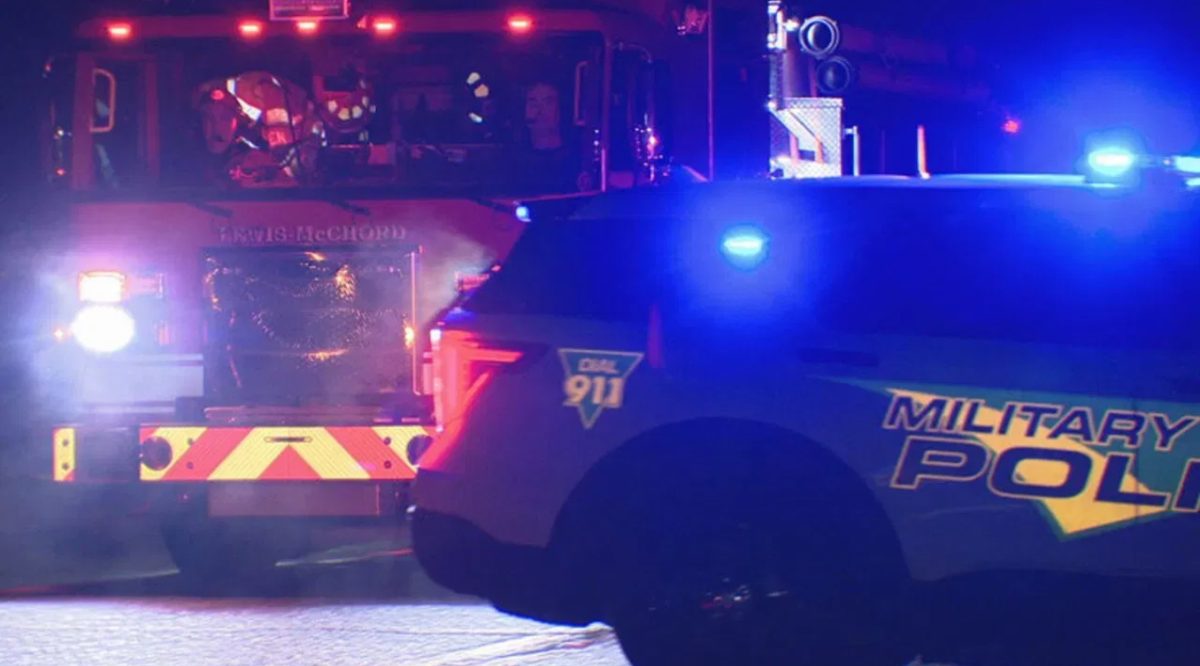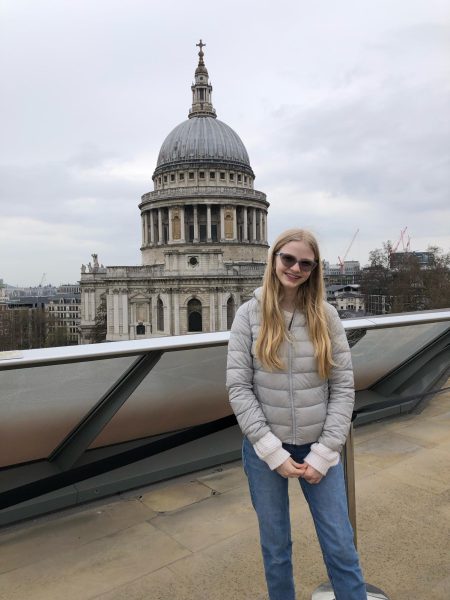With temperatures below zero, Iowa Republicans gathered in community centers and school gyms to cast their vote for the Republican Presidential nominee and began the ever-winding process leading to the next President of the United States.
Since 1972, Iowa has been the first state to hold its primary election (caucus). Candidates compete for Iowa’s 40 delegates, and by the end of the primary cycle, the winner has 1,215 delegates. Iowa is the first time people can see how presidential candidates’ campaigns and messaging resonate with voters.
When there is no incumbent President, both parties hold caucuses. Because Joe Biden is the incumbent, the Democratic party did not hold a caucus this year. The Republicans might not have had an incumbent, but it almost felt like they did.
During polling days before the caucus, former president Donald Trump, who still has the strongest grip on Republican voters, was up by around 48 points.
Following far behind was Florida Governor Ron DeSantis. He made himself known among voters by fighting “wokeism”. When asked who their second choice was, most DeSantis voters said they would vote for Trump.
Nearly tied with DeSantis was former South Carolina Governor and Trump’s secretary to the U.N., Nikki Haley, who has pushed herself to voters as a more moderate choice than Trump. She has been polling higher with more moderate Republicans and independents who don’t make up a large swath of the Republican party these days.
Trailing behind DeSantis and Haley was Vivek Ramaswamy, the youngest candidate in the field at the time. Ramaswamy made his money from running a pharmaceutical company. Ramaswamy had no experience in politics before starting his campaign.
Ramaswamy had a unique platform such as raising the voting age to 25. In Iowa politics, everyone running for president tries to do a “full Grassley” (named after Iowa senator Chuck Grassley) by visiting Iowa’s 99 counties. Vivek not only did a full Grassley, but a double Grassley, visiting every county twice.
Far behind the over candidates were two people opposing Donald Trump, former New Jersey Governor Chris Christie, and former Arkansas Governor Asa Hutchinson. Both had dropped out of the race before the primary due to a lack of support and funding.
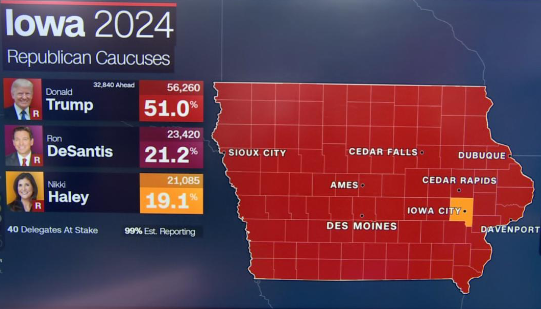
Caucus results were unsurprising. Donald Trump won the caucus, 98 counties, 20 delegates, and 51.0% of the vote. This was the biggest winning margin in Iowa caucus history.
DeSantis got 9 delegates, Haley got 8 delegates, and lastly, Ramaswamy got 3 delegates. The number of voters was the lowest in history due to the extreme cold and weather but most experts believe that better weather won’t have helped the other candidates but we will never know.
Iowa is seen as one of the most extreme electorates policy-wise. It was unsurprising that Vivek Ramaswamy dropped out the night of the caucus. Since Ramaswamy couldn’t gain ground in Iowa, it was unlikely he would anywhere else.
DeSantis also dropped out with only a few days until the next primary in New Hampshire, as his campaign was risking it all on Iowa and ended up underperforming. The campaign was also running out of money
There are still 49 other primaries, but if things keep going at this pace, Trump will have the nomination sewed up before some voters even cast their primary ballot.


